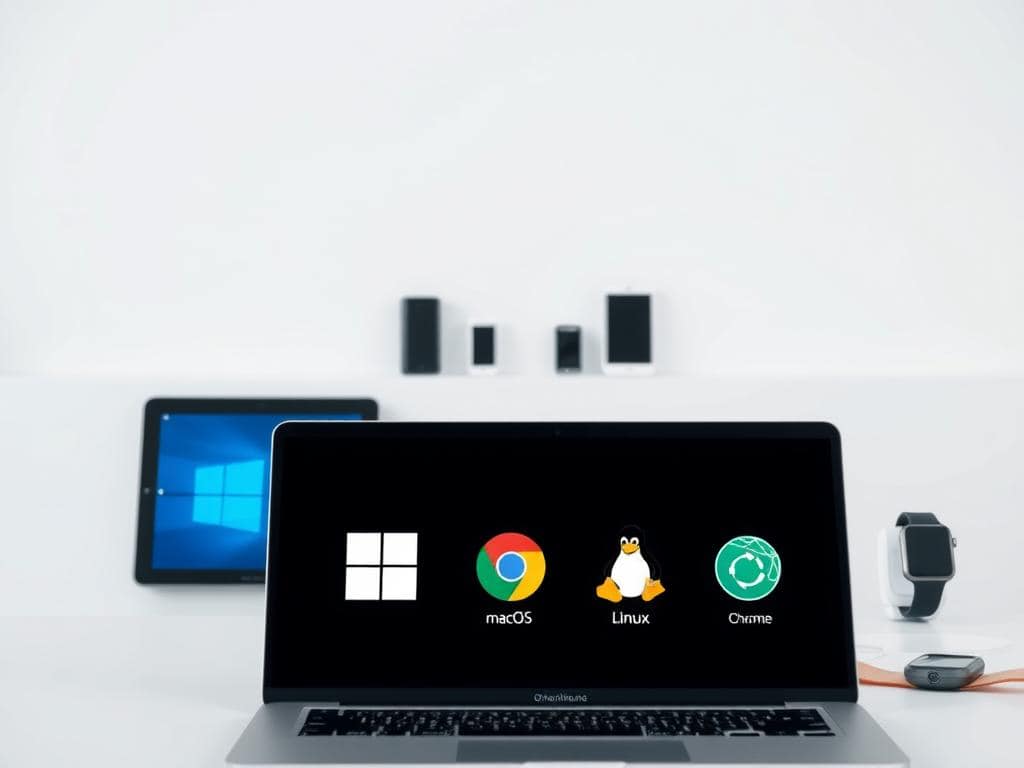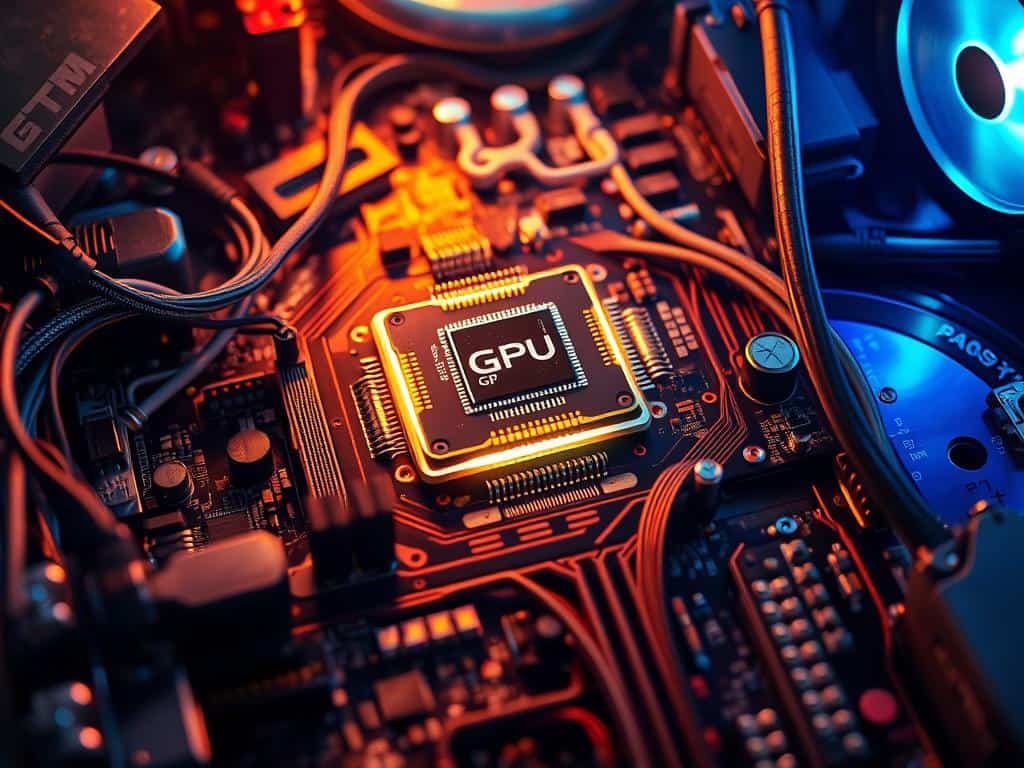Did you know Microsoft will stop supporting Windows 10 by 2025? This leaves millions of users in a rush to upgrade. Buying a laptop today can be tough, with so many options out there. This guide aims to make it easier by explaining operating systems, key specs, and what to look for in the best laptops.
Whether you’re buying your first laptop or upgrading, I want to help you make a smart choice. Knowing about processors, RAM, and storage is key. It will make your shopping experience better and help you find a laptop that suits your life.
Key Takeaways
- Research popular operating systems like Windows, macOS, and Chrome OS.
- Evaluate specifications such as processor speed and RAM for better performance.
- Consider storage space that suits your usage needs.
- Explore different types of laptops including ultrabooks and gaming systems.
- Understand your own usage requirements to select the best laptop.
Understand Your Operating System Options
Choosing the right operating system is key for a great laptop experience. Different operating systems meet various needs and tastes. They affect how well your laptop works and what software you can use.
Windows
Windows 11 is the top choice, with many laptops to pick from. It works well with lots of apps, making it good for both casual users and pros. You can find Windows laptops for any budget, from basic to high-end.
For gamers or those who need lots of power, look for laptops with Intel Core i5 or AMD Ryzen 5 processors. Make sure they have at least 8 GB of RAM for the best performance.
macOS
macOS is only for Apple’s MacBooks and offers a smooth, easy-to-use experience. It’s great for creative work, like design and video editing. Even though there are fewer options than Windows, macOS devices are known for their high quality.
They’re perfect for those who value seamless software and hardware integration.
Chrome OS
Chrome OS is for Chromebooks, which are affordable and mainly for web tasks. They’re great for students and casual users. The newer Chromebook Plus models have faster processors and better features.
They’re a good choice for those who want a reliable laptop without spending too much. For everyday tasks like web browsing and streaming, an Intel i3 or AMD Ryzen 4000 chip is enough.

Laptop Buying Guide: Key Specifications to Evaluate
When looking for a new laptop, knowing the key specs is important. A laptop specs comparison helps you make a smart choice. Look at processors, RAM, storage, and graphics cards. Each one affects how well the laptop works and how easy it is to use.
Processor
The processor is the laptop’s brain. You’ll find many options, like Intel’s Core Ultra Series 2 and AMD’s Ryzen 8000 Series. For top performance, look for processors like the Intel Core i9-14900HX. A powerful processor makes multitasking easier and speeds up tasks, even for tough apps.
RAM
RAM is key for smooth operation. It’s important for running many apps at once. For everyday use, 8GB is good, but 16GB or more is better for gaming or heavy work. Knowing your needs helps you choose the right RAM.
Storage Space
Storage comes in HDDs and SSDs. SSDs are faster, great for quick access and loading. HDDs offer more storage but are slower. I choose SSDs for their speed and durability, which is important for gaming or creative work. Aim for at least 512GB of storage.
Graphics Card
Graphics cards are vital for gamers and creators. Integrated graphics are fine for casual users. But, for top performance, Nvidia’s GeForce RTX 4000 Series is best. Choosing the right graphics card ensures a better gaming or creative experience.
Conclusion
In today’s world, picking the right laptop is key. Knowing what you need and the operating system options helps a lot. Whether you prefer Windows, macOS, or Chrome OS, choose based on how you’ll use it.
When buying a laptop, focus on important specs. Look for at least 8GB of RAM and 512GB SSD storage. This boosts multitasking and gives you room for files and apps.
Understanding your tech needs makes buying a laptop easier. This guide has helped you prepare. Remember, buying a laptop is more than just a purchase. It’s an investment in your work and comfort.



